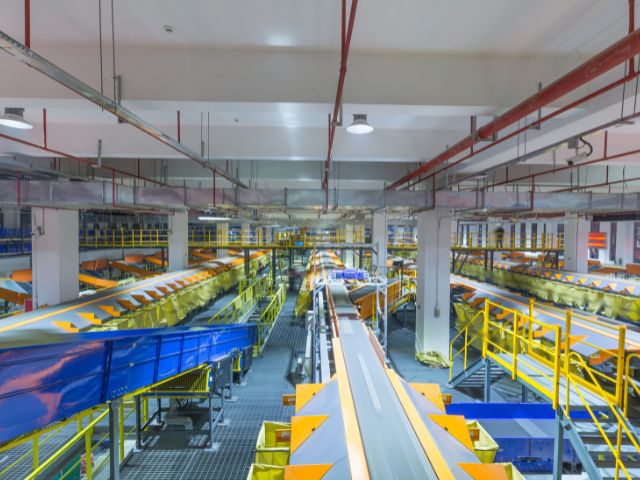

ADDIS ABABA, Nov. 26 (Xinhua) — Some residents in Ethiopia’s capital Addis Ababa are undergoing economic hardship due to the rising prices of basic commodities, especially food items.
They told Xinhua in recent interviews that the rising inflation is making life very difficult.
“I have reached the situation where I can not provide enough food to my family,” said Temechew Aklilu, a resident in Addis Ababa, adding that the prices of foodstuffs are increasing rapidly in the market.
Aklilu said the purchasing power of his limited monthly income has turned out to be very weak to cope with increasing prices of commodities on a daily basis.
“The price of teff (a staple grain in Ethiopia) has gone up to 60 birr (about 1.13 U.S. dollars) per kilogram from about 40 birr while the price of five-liter cooking oil has hit over 1,000 birr from 400 birr,” he said.
Samuel Gebremariam, a father of three, said with a monthly salary of 7,000 birr, the increasing living cost has become unbearable.
“I am scared of the current living cost. Prices are increasing on house rent, transport, food and non-food items, making things out of control,” he said.
Adem Feto, a researcher in the Ethiopian Economics Association, who has done research on the performance of the Ethiopian macro-economy, also expressed his concern.
Feto said the Ethiopian economy has been experiencing enormous macroeconomic imbalances, which include budget and trade deficits as well as imbalance of payment amid severe foreign currency shortages.
“Inflation is one of the phenomena in Ethiopia for the last couple of years,” Feto said, attributing the recent rising inflation to the widening gap between production and consumption, the COVID-19 pandemic as well as the conflict in the northern part of the country.
According to figures from the Ethiopian Central Statistical Agency, in October 2022, the year-on-year general inflation rate in Ethiopia stood at 31.7 percent, after reaching 30.7 percent in the previous month.
The United Nations World Food Programme’s recent Ethiopia Market Watch report issued last week also noted that the purchasing power of households continues to grow weaker.
Feto cited structural imbalance as the primary cause of inflation in Ethiopia, where the agriculture sector, which is the mainstay of the economy, is characterized by using backward technology and an old farming system, failing to produce sufficient amounts of food to support the economy and meet the food demand of the population.
The researcher linked the rising inflation in the east African nation to the dwindling foreign currency reserves, which he said also contributed to the decreasing value of the Ethiopian birr.
“Ethiopia exports primary goods mainly agricultural products but imports finished goods such as machinery and petroleum, which has put the nation in a trade deficit, exacerbating a shortage of foreign currencies in the country,” Feto said.
The Ethiopian government has been introducing a set of economic measures to curb the soaring living cost and stabilize the food market.
Gebremariam said the government’s effort to boost local wheat production is really encouraging. He also appreciated the school feeding program being undertaken by the government to ease the burden of low-income families.
24World Media does not take any responsibility of the information you see on this page. The content this page contains is from independent third-party content provider. If you have any concerns regarding the content, please free to write us here: contact@24worldmedia.com

5 Characteristics of Truth and Consequences in NM

How To Make Your Wedding More Accessible

Ensure Large-Format Printing Success With These Tips

4 Reasons To Consider an Artificial Lawn

The Importance of Industrial Bearings in Manufacturing

5 Tips for Getting Your First Product Out the Door

Most Popular Metal Alloys for Industrial Applications

5 Errors To Avoid in Your Pharmaceutical Clinical Trial

Ways You Can Make Your Mining Operation Cleaner

Tips for Starting a New Part of Your Life

Easy Ways To Beautify Your Home’s Exterior

Tips for Staying Competitive in the Manufacturing Industry